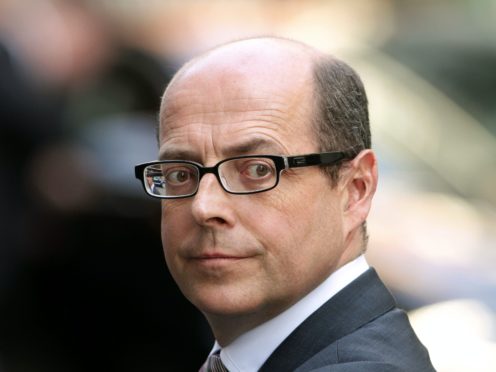Today programme host Nick Robinson has criticised politicians for using “oven-ready soundbites” and urged them to be more open with the “uncomfortable truth”.
Instead of using phrases to “obfuscate” and “deflect”, ministers and their opposite numbers should say when they don’t know the answers, the broadcaster said.
Robinson, 56, told Radio Times magazine he craves being treated “like a grown-up” by politicians, who deliver “plain speaking”.
But he said more and more political guests see interviews as a hostile environment.
Surely the media & MPs should be able to question and hold to account the boss of the exam regulator @ofqual in the way we can quiz the Education Secretary ? https://t.co/J88vacewea
— Nick Robinson (@bbcnickrobinson) August 26, 2020
His comments come after Cabinet ministers returned to the Radio 4 programme, following a boycott.
“Sadly, a growing number on all sides now see broadcast interviews as something to be endured and survived,” Robinson said.
“That’s why all too many interviewees sit in front of the microphone with pages of carefully typed and highlighted ‘lines to take’, whatever questions they’re asked.”
He admitted sounding a “tad irritated” when a politician uses phrases “designed to hide or obfuscate or deflect”.

The BBC’s former political editor added: “My resolution is to do my best to reward those who are willing to be open about the choices they face. And who are willing to say the three most truthful words in politics: I don’t know.”
He told the magazine: “Whether it was the coronavirus app, the test-and-trace regime or buying millions of antibody tests, no-one knew. No-one could know because no-one had tried these things before. ”
Robinson said he was not a fan of interviews designed to elicit “gotcha moments”.
But he called for the “more uncomfortable truth” instead of politicians promising “world-beating” policies.
On the exams fiasco, he said Education Secretary Gavin Williamson should have started a “conversation with the public by pointing out that there was no trouble-free way to give grades to students who hadn’t sat exams” instead of delivering “oven-ready” soundbites.
The full interview is in Radio Times magazine, out now.
